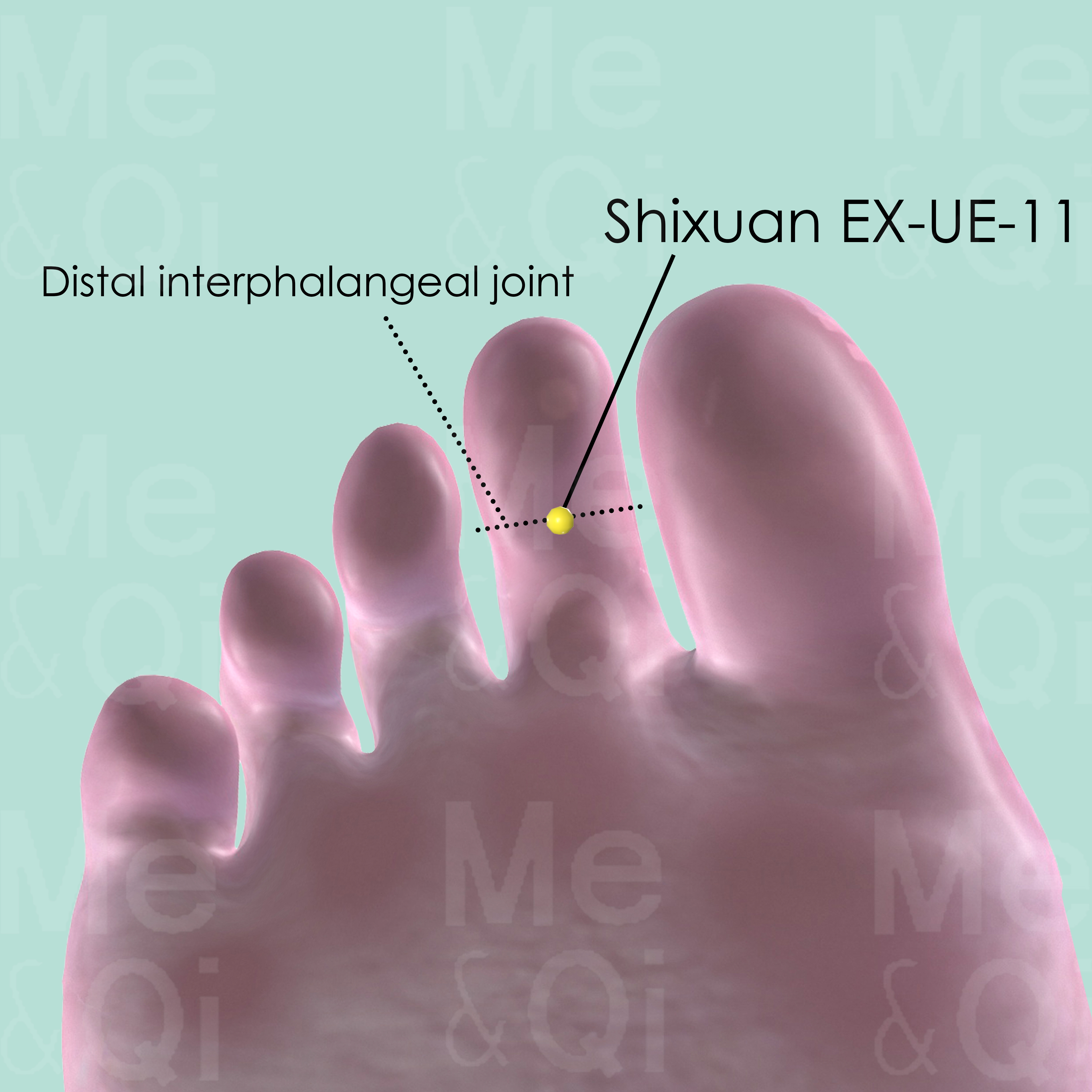Inguinal Herniaaccording to TCM
Symptom family: Hernia-Related Conditions
Parent symptom: Hernia
What is Inguinal Hernia?
An inguinal hernia manifests as a noticeable bulge in the groin or inguinal region, occurring when tissue, such as part of the intestine, protrudes through a weak spot in the abdominal muscles. The condition can cause discomfort or severe pain, especially when coughing, bending over, or lifting heavy objects.
Inguinal hernias are significant because they are the most common type of hernia, making understanding and treatment crucial for those affected. This medical condition not only impacts physical health but also can significantly affect an individual’s quality of life if left untreated.
How does TCM View Inguinal Hernia?
Traditional Chinese Medicine (TCM) offers a unique perspective on inguinal hernias, viewing them as manifestations of underlying imbalances within the body's energy system, or Qi. Unlike the Western medical approach that focuses on the physical aspects, TCM looks at inguinal hernias as symptoms arising from disharmonies in the body's internal environment.
It stresses the importance of identifying the specific pattern of disharmony—such as Qi Stagnation or the invasion of Cold—before proceeding with treatment. This holistic approach ensures that therapy is tailored to the individual, addressing the root cause of the condition rather than just its physical symptoms.
Causes of Inguinal Hernia According to TCM
In the framework of TCM, inguinal hernias are often attributed to specific internal disharmonies, with two primary patterns standing out: Exterior Cold invading the Interior and Stagnation of Cold in the Liver Channel. These patterns reflect an imbalance where external cold influences or internal cold accumulation leads to a disruption in the flow of Qi, resulting in physical manifestations like hernias.
TCM posits that the body's energetic imbalances weaken the structural integrity of the abdominal wall, facilitating the development of hernias. By identifying these underlying causes, TCM practitioners can more effectively tailor their treatment strategies to not only alleviate the symptoms but also rectify the internal disharmonies.
TCM Herbal Formulas for Inguinal Hernia
To address the complexities of inguinal hernia from a TCM perspective, practitioners may turn to specific formulas and herbs designed to target the identified patterns of disharmony. For cases rooted in Exterior Cold invading the Interior, Da Huang Fu Zi Tang, featuring Prepared aconite (Zhi Fu Zi) for its pungent, sweet, and hot properties, is recommended to warm the interior and dispel cold.
Meanwhile, Nuan Gan Jian, with Fennel Seeds (Xiao Hui Xiang) as a key ingredient, is utilized to treat Stagnation of Cold in the Liver Channel, promoting Qi movement and warming the body. These formulas exemplify TCM’s approach to healing, using natural substances to restore balance and health.
Explore below some TCM herbal formulas used to address inguinal hernia, organized by formula type.
- By Formula Type
- Formulas that warm and purge
- Formulas that promote qi movement
Formulas that warm and purge
Inguinal hernia can be treated by these formulas if it stems from cold accumulation coupled with excess conditions, necessitating warming and purging actions.
One such formula is Da Huang Fu Zi Tang, with prepared aconite as a key herb.
Formulas that promote Qi movement
Inguinal hernia can be treated by these formulas if it stems from stagnation or imbalance in the flow of Qi, the vital life energy, within the body.
One such formula is Nuan Gan Jian, with fennel seeds as a key herb.
Acupoints for Inguinal Hernia
In the treatment of inguinal hernia, TCM also incorporates acupuncture, targeting specific acupoints to restore the flow of Qi and address the root causes of the condition. A key acupoint for inguinal hernia is Duyin EX-LE-11, located on the plantar aspect of the 2nd toe. This point is crucial for invigorating Qi and blood flow in the affected area, offering relief from pain and contributing to the healing process.
By integrating acupuncture with herbal medicine, TCM provides a comprehensive treatment strategy that not only alleviates the symptoms of inguinal hernia but also aims to strengthen the body’s defenses and prevent recurrence.
See more details below about Duyin EX-LE-11, an acupoint used to address inguinal hernia.
- By Meridian
- Extra Points: Lower Extremities (EX-LE)

Duyin EX-LE-11
On the plantar aspect of the 2nd toe, at the midpoint of the transverse crease of the distal interphalangeal joint.
TCM Herbs for Inguinal Hernia
Explore below some TCM herbs used to address inguinal hernia, organized by herb category.
- By Herb Category
- Herbs that warm the interior and/or expel cold
Herbs that warm the Interior and/or expel Cold
Inguinal hernia can be treated by these herbs if it is due to internal coldness or deficient Yang energy, working to warm the body and dispel cold.
One such herb is Prepared Aconite (Zhi Fu Zi), a key herb in some formulas recommended for inguinal hernia, like Da Huang Fu Zi Tang.
Other herbs of this category are listed in the table below.
"Herbs that warm the Interior and/or expel Cold" recommended for inguinal hernia
| Herb | Formulas they belong to (if applicable) |
|---|---|
| Prepared Aconite (Zhi Fu Zi) | Da Huang Fu Zi Tang |
| Fennel Seeds (Xiao Hui Xiang) | Nuan Gan Jian |
| Cinnamon Bark (Rou Gui) | Nuan Gan Jian |
